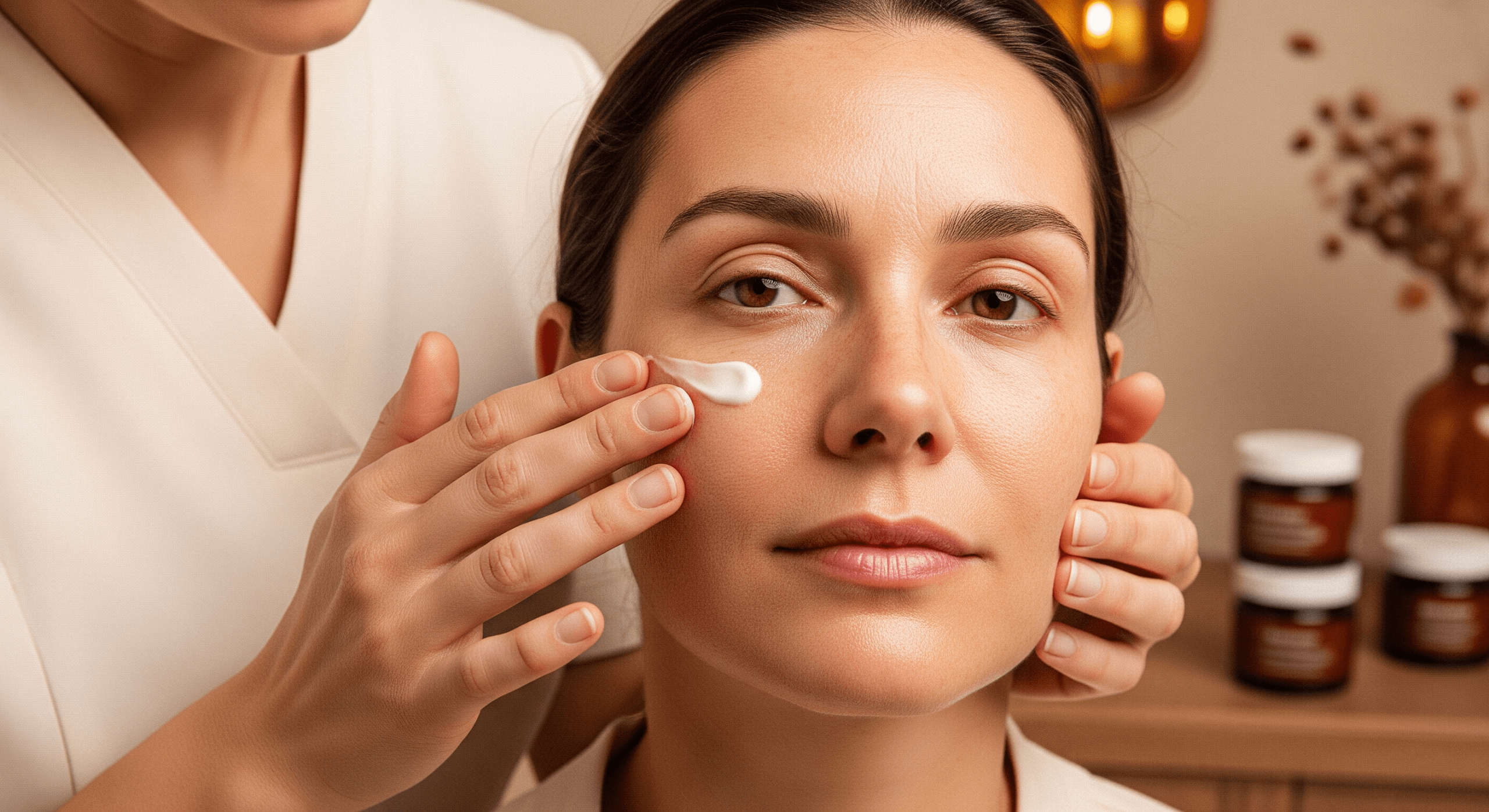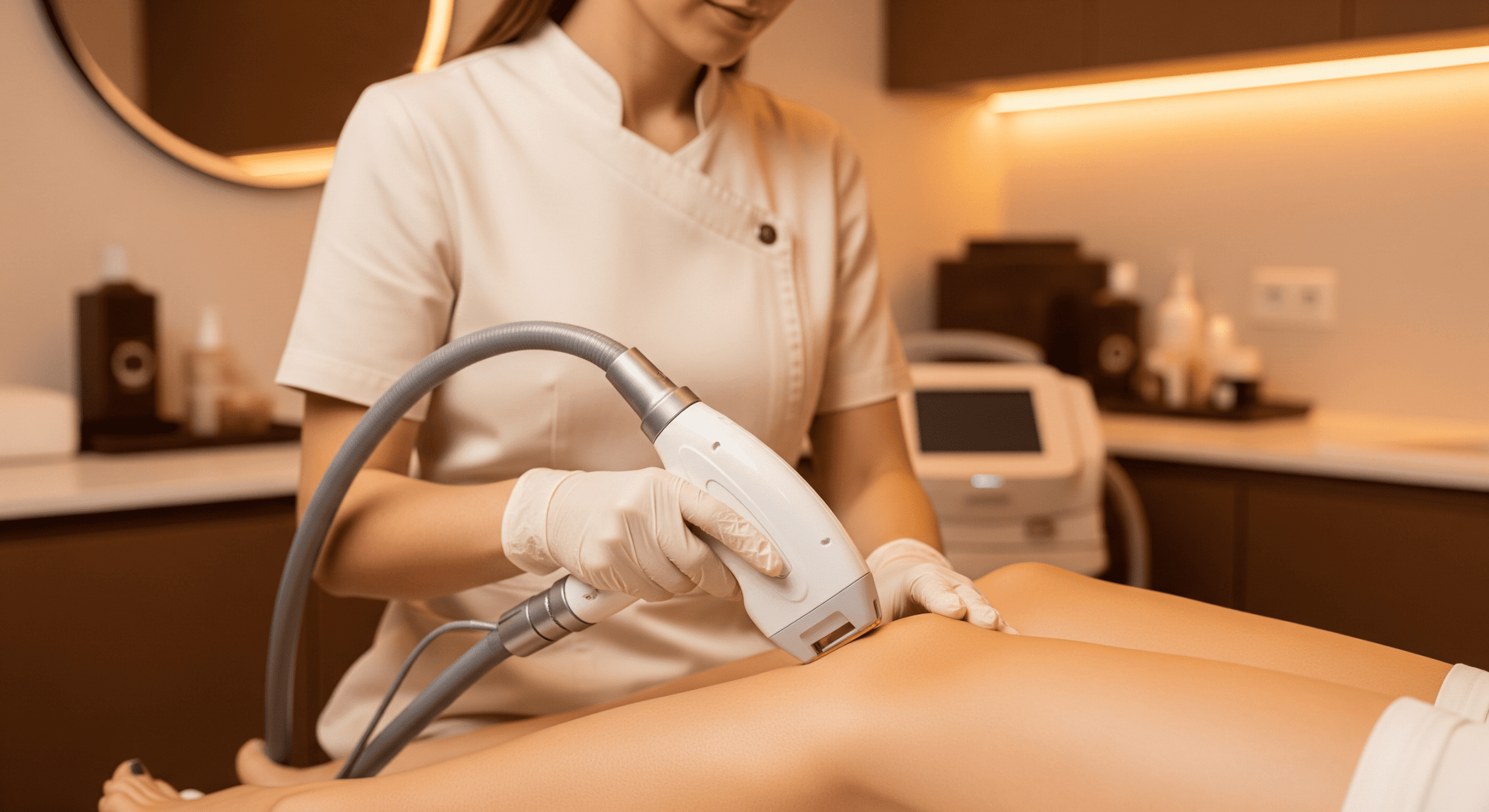If your skin has ever felt tight, red, flaky, or unusually sensitive, there’s a good chance your skin barrier is waving a white flag. In the booming world of skincare trends, one concept continues to rise above the noise for all the right reasons: skin barrier repair. This isn’t just another beauty buzzword—it’s foundational science with real, tangible impact.
Think of your skin barrier as your body’s first line of defense. When it’s thriving, you’re glowing. When it’s compromised, everything from breakouts to chronic dryness can follow.
So let’s dive deep into why skin barrier repair deserves a VIP spot in your skincare routine—and how you can give your skin the support it’s begging for.
Jump To:
TLDR – Quick Guide
- What it is: Skin barrier repair is the process of restoring your skin’s outermost layer to optimal function.
- Why it matters: A healthy skin barrier protects against irritants, pollutants, and moisture loss.
- What causes damage: Harsh skincare, over-exfoliating, pollution, UV rays, and even stress.
- What helps: Ceramides, fatty acids, niacinamide, gentle cleansers, and sunscreen.
- Pro tip: If your skin suddenly reacts to everything, repair your barrier before adding anything new.
Detailed Breakdown
What is the Skin Barrier, Really?
The skin barrier (a.k.a. stratum corneum) is the outermost layer of your skin. It’s made of tough skin cells (corneocytes) bound together by lipids—like ceramides, cholesterol, and fatty acids. Together, they create a brick-and-mortar wall that prevents irritants, bacteria, and moisture loss.
When the wall cracks (due to harsh treatments or environmental stressors), water escapes and irritants sneak in. That’s when things like redness, burning, peeling, or acne flare up.
What Damages the Skin Barrier?
Common skin barrier disruptors include:
- Over-exfoliation: Too many acids or physical scrubs
- Harsh cleansers or soaps that strip natural oils
- Environmental aggressors: UV rays, pollution, and dry air
- Lifestyle stressors: Lack of sleep, poor diet, stress
- Active ingredients overuse: Retinol, AHAs/BHAs without recovery time
How to Repair Your Skin Barrier
Here’s your skin’s SOS protocol:
- Stop all aggressive treatments.
- No peels, no acids, no retinol. Let your skin breathe.
- No peels, no acids, no retinol. Let your skin breathe.
- Simplify your routine.
- Gentle cleanser, moisturizer with ceramides, and SPF. That’s it.
- Gentle cleanser, moisturizer with ceramides, and SPF. That’s it.
- Look for ingredients that heal:
- Ceramides: Rebuild the barrier
- Fatty acids & cholesterol: Strengthen the skin matrix
- Niacinamide: Reduces redness and improves elasticity
- Hyaluronic acid: Replenishes hydration
- Ceramides: Rebuild the barrier
- Protect it daily.
- SPF 30 or higher, every day—rain or shine.
- SPF 30 or higher, every day—rain or shine.
- Support your skin from the inside out:
- Hydrate well, eat omega-3-rich foods, and sleep 7–8 hours.
- Hydrate well, eat omega-3-rich foods, and sleep 7–8 hours.
Product Tips & Examples
- Cleanser: CeraVe Hydrating Facial Cleanser
- Moisturizer: SkinFix Barrier+ Triple Lipid-Peptide Cream
- Serum: The Ordinary Niacinamide 10% + Zinc 1%
- Sunscreen: La Roche-Posay Anthelios Melt-In Milk SPF 100
(Always patch test new products first!)
Key Takeaways
- Your skin barrier is essential for healthy, resilient skin.
- Damage can lead to sensitivity, dryness, redness, and breakouts.
- Repair it with simplified skincare, barrier-supporting ingredients, and daily sun protection.
- Think long-term: repairing and maintaining your skin barrier prevents premature aging and inflammation.
FAQs
1. How do I know if my skin barrier is damaged?
If your skin feels unusually tight, itchy, red, or sensitive to products you normally tolerate, your barrier is likely compromised.
2. Can I still use active ingredients like retinol while repairing my barrier?
It’s best to pause actives until your barrier recovers. Reintroduce slowly—1-2 times a week—with plenty of hydration.
3. How long does it take to repair the skin barrier?
Most mild cases improve in 1–2 weeks with proper care, but deeper damage may take up to 4–6 weeks to fully heal.
4. Is skin barrier repair only necessary when something goes wrong?
Nope. Preventive care is just as important. Consistently using barrier-supportive products keeps your skin strong year-round.
5. Can diet and stress impact my skin barrier?
Absolutely. Dehydration, nutrient deficiencies, and stress-induced inflammation can all weaken your skin’s defenses.


